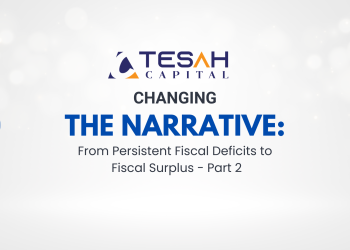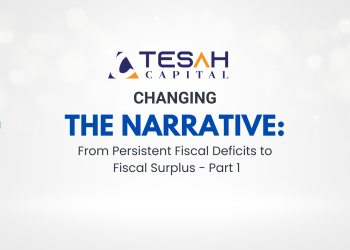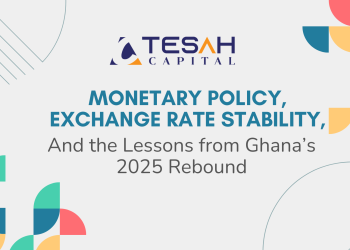There is no doubt that the novel coronavirus, COVID-19 has taken a toll on the world economy and the financial markets. The global pandemic has placed portfolios in unfavourable positions as markets take a nosedive. Though the markets have experienced similar crisis in the past; the 2002 tech bubble burst, the 2008 housing bubble burst and the 2012 sovereign debt crisis, investors still remain anxious about the duration of the market slide this time around.
If history tells us one thing, it is that trying to time the market is not only stressful, it is less successful. Worrying about how to manage your investment can affect your health and well-being. In this era of Covid-19, surviving may seem to be the paramount issue at hand, yet it is essential to learn from the past and develop a plan to pull through as an investor. As we keep a close eye on the market, it is important to know how to manage your investments in order to stay financially and mentally resilient during these times. Here are some suggestions to consider during a crisis.
Seek Experts Advice: Fear is inevitable in times of crisis like this and one is likely to make terrible investment decisions when fear troops in. Investment advisers shape investment portfolios for each client and guide you through your investment strategy based on your attitude to risk and reward without focusing on your emotions.
Review Your Investment Goals and Stick to it: Reviewing your investment objectives in times like this is key to remain focused rather than overly stressing yourself on the market and on factors you cannot control. Market downturns usually come with the panic of selling your investments to safeguard your money because everything is crashing. However, history has proven that bear markets particularly driven by events like this tend to be short-lived. A historical analysis of global equity market returns reveal that, the probability of enduring negative returns drops significantly from about 40% to 6% when investors extend their investment time horizon from short duration (1-6 months) to longer duration (5-10 years). Knowing that your investment plan was set-up to fulfill long-term goals and not short-term gains, can help you to stay track to achieve them.
Capitalize on Good Investment Opportunities: The markets presents us with different opportunities at different times during each cycle. While keeping the virus in mind, you should not lose sight of the opportunities that emerge with bear markets. Shelby Davis, a successful money manager once said; “You make most of your money in a bear market; you just don’t realize it at the time.” Some loses are unavoidable, but for many investors, it is about minimizing your losses and finding ways to capitalize on opportunities based on insight and analytics. Making strategic investment decisions will leave your portfolio stronger at the end of this crisis. Market prices (such as stocks, lands, houses, debt securities etc) usually get depressed due to demand shock. This provides long-term investors the opportunity to increase the value of their portfolio in the long-run when there is a recovery. “The time of maximum pessimism is the best time to buy, and the time of maximum optimism is the best time to sell.” – Sir John Templeton
Diversify: Diversification cushions investors during a market flux. In distress times such as this, diversifying your investment across various asset classes does not only protect your investment against huge loses but it also absorbs your emotions towards the market. Stay on track with your professional advisers to make sure that you invest in the right mix of asset classes appropriate for your income, age, life goals, and risk appetite.
Stay Invested: Investment is not a discretionary expense. In economic uncertainties such as this, job loses, salary cuts, early retirement becomes inevitable. Ensure that you have sufficient savings for such unexpected events. Keep investing because no one knows with certainty when the market will fall or rise. Exiting the market could be too early or too late which could significantly affect your returns.






